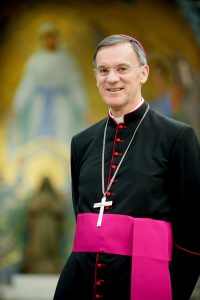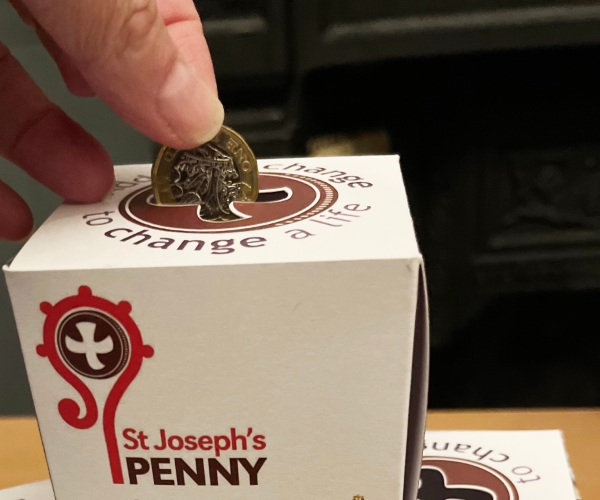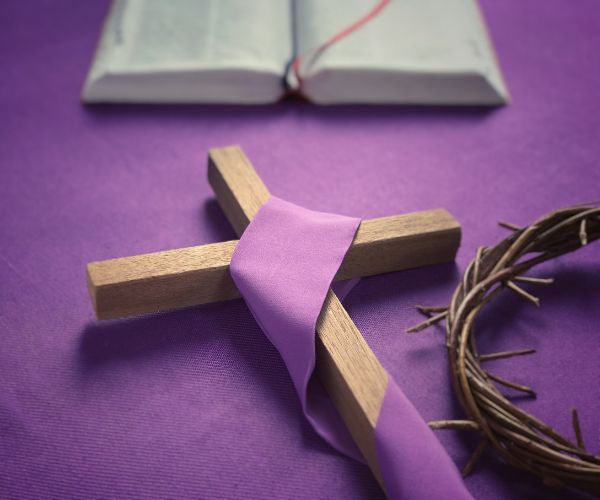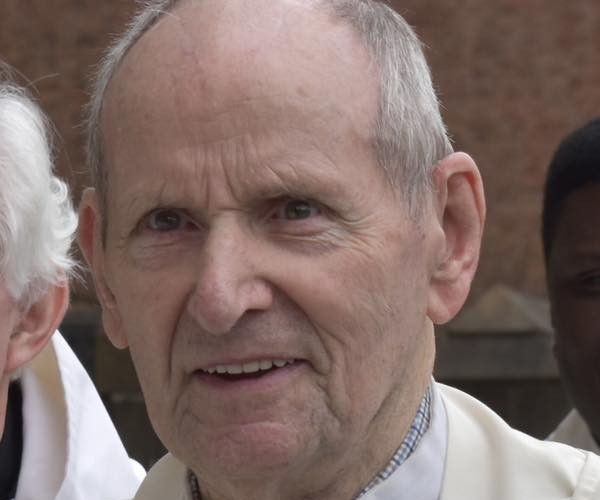
The Silence of Prayer?
Tuesday 20th March 2018 Bishop John reflects on the power of prayer on Lindisfarne and also in Bangladesh:
Bishop John reflects on the power of prayer on Lindisfarne and also in Bangladesh:
I think that, for most people, there is probably a very reasonable assumption that prayer is best achieved, or more easily achieved, in a place of silence. One of the great qualities and beauties of Lindisfarne is the silence. Take yourself away from the village, even on the busiest of summer days when the tide has been gracious and crowds of day visitors and pilgrims are filling the little lanes of the village, and after even a few hundred yards it is possible to be alone and immersed in silence. There may be the song of numerous birds and even, particularly in the evening, the moans of hundreds of seals on the sandbanks, or the bleating of sheep, but there is no man-made noise, no machinery, just miles of sandy beaches, dunes and rocks, and the sound of the sea. Yes, Lindisfarne provides a silence and a place that I am so pleased to be able to visit whenever possible, because of the peace and the invitation it provides.
That sense of silence and a divine presence is particularly evident for me when the sun has set and a clear night sky just speaks of infinity and the grandeur of God. This place reminds me of the centuries of prayer by the Celtic monks who inhabited this little tidal island and made it the cradle of Christianity. Like most people I know, I could not claim to have a rich and deep prayer life. That is something that I have pursued since my teenage years, with moments of greater or lesser success. I have always assumed that my best chance of immersing myself in prayer would be in silence, and particularly in the beauty and the silence of a place like Lindisfarne.
My recent experience of travelling to Bangladesh with Cafod has suggested that silence is not necessarily the best or only context for prayer. We visited Dacca, the capital, for three days and I doubt that I have ever experienced such continuous noise and activity. My room looked over a narrow street which was alive with pedestrians and traffic throughout the day and most of the night. There were street-sellers too, calling out their produce as rickshaws with bells and motor vehicles with horns sounded their presence and every manoeuvre. The traffic is gridlocked most of the working day and we spent hours in jams with the noise and the bustle of the city all around us. Searching for a silence there seemed impossible but finding a way into prayer was actually not at all difficult. As I sat in the traffic jam I was surrounded by the world with all its treasures and traumas – the diversity of God’s kingdom and His creation and the reality of human experience. Rushing past were students and labourers, mothers with small children, just as wealthy business men and women and, inevitably, there were the beggars and the homeless. This was a place in which prayer is invited and needed, where God’s grace is essential. There was an opportunity to praise God for human ingenuity and creativity and also to recognise our limitations and our mistakes and the injustice of our inequality. Here was the place to pray for determination and commitment to care for our common home and to heal the damage we have done.
A different form of prayer also came easily when we visited the Rohingya camp. It is now the biggest refugee camp in the world, and growing. Its deprived and desperate population is approaching one million in a place which had only forested hills and virtually no inhabitants just six months ago. As we walked through areas of this refugee city there was an eery quiet, broken occasionally by children singing in their makeshift “child friendly spaces”. This was not a place like Lindisfarne of serenity and peace. This place pleaded for an urgent prayer for hope amid despair.
Every place, loud or silent, crowded or remote can be a place where we make God’s presence real through prayer. We can praise God for all that is good, giving thanks. We can plead for his help and strength in places where we have failed to be good stewards and to ensure the dignity of our brothers and sisters in our common home. Prayer can and should be with us wherever we may be.
This article was first written for publication in the online version of The Tablet on 20th March 2018.



